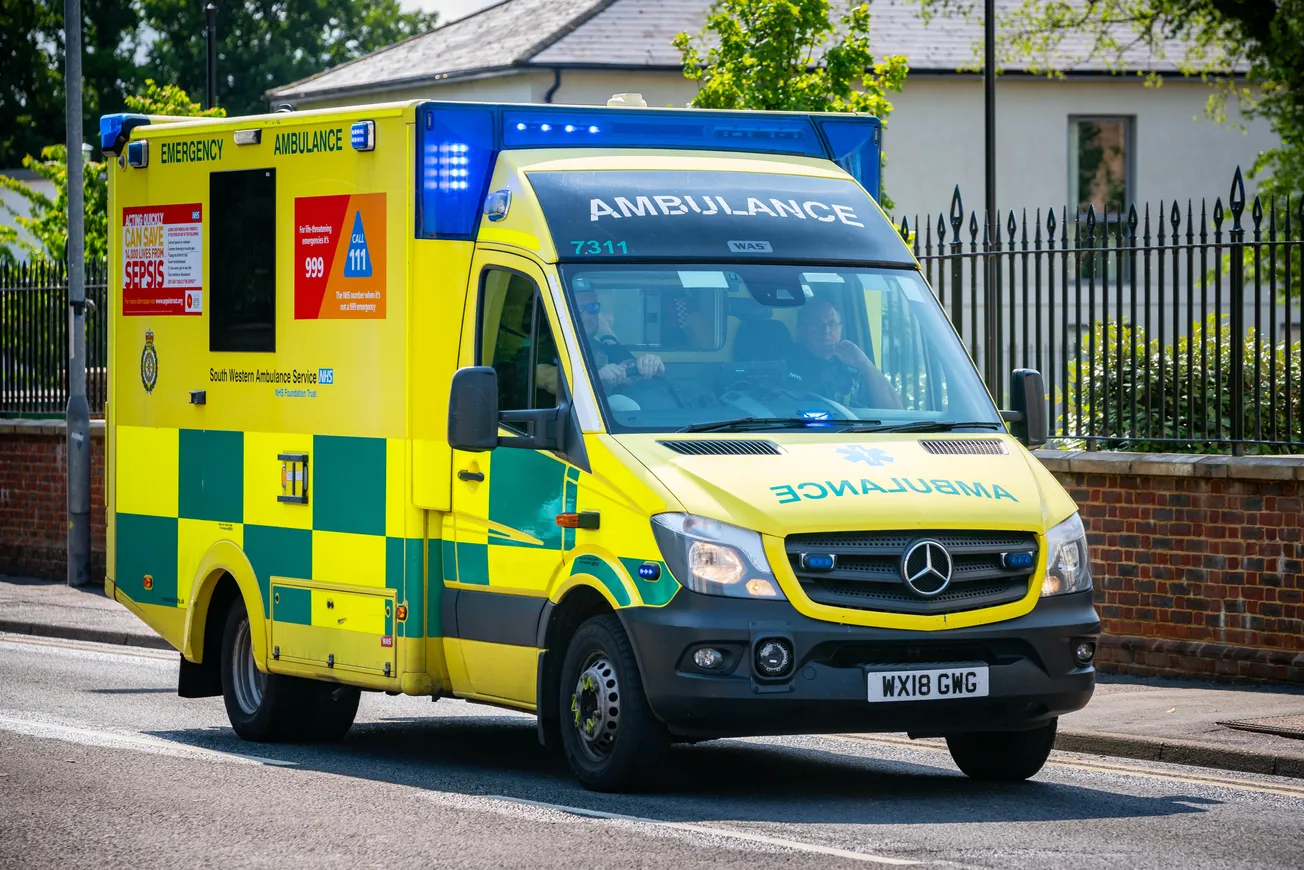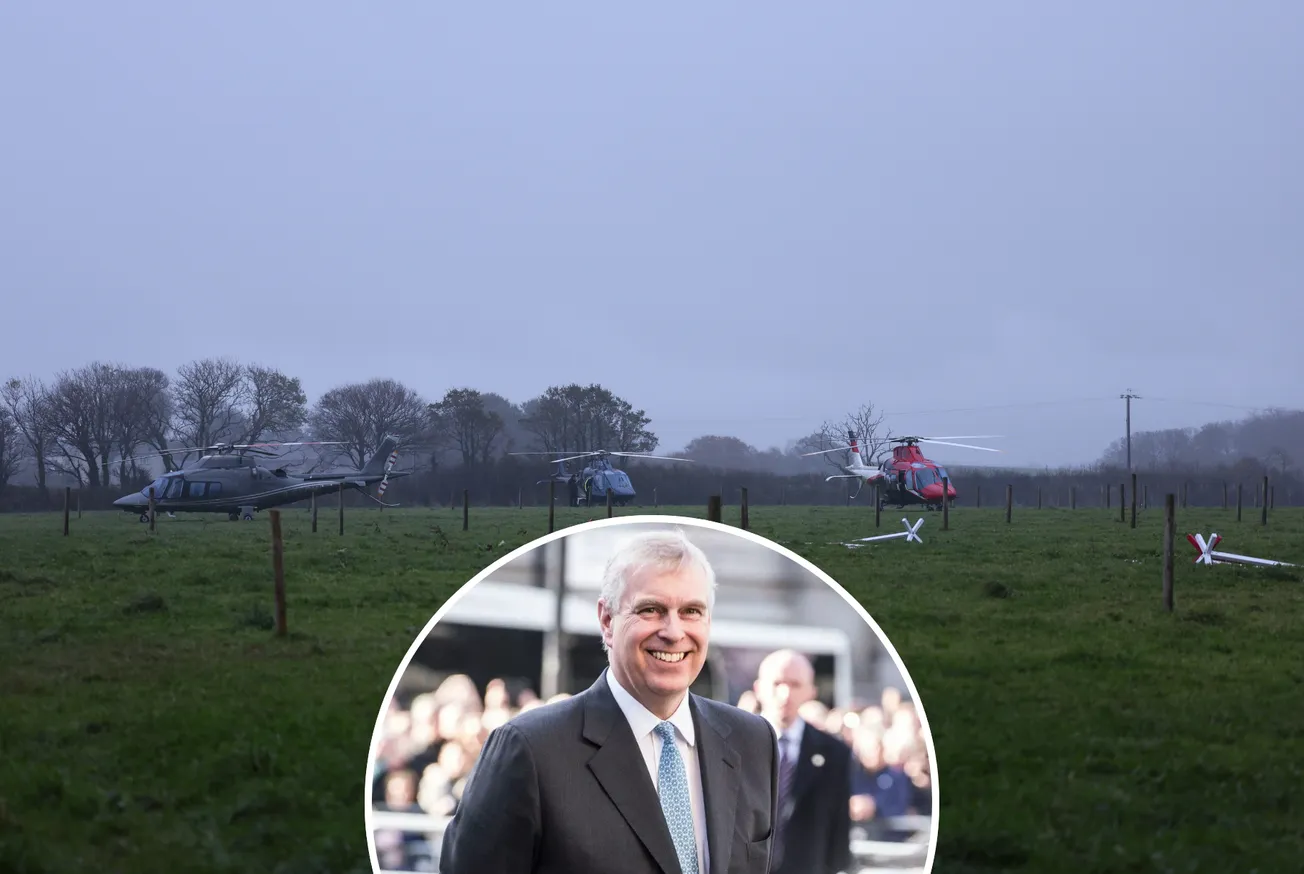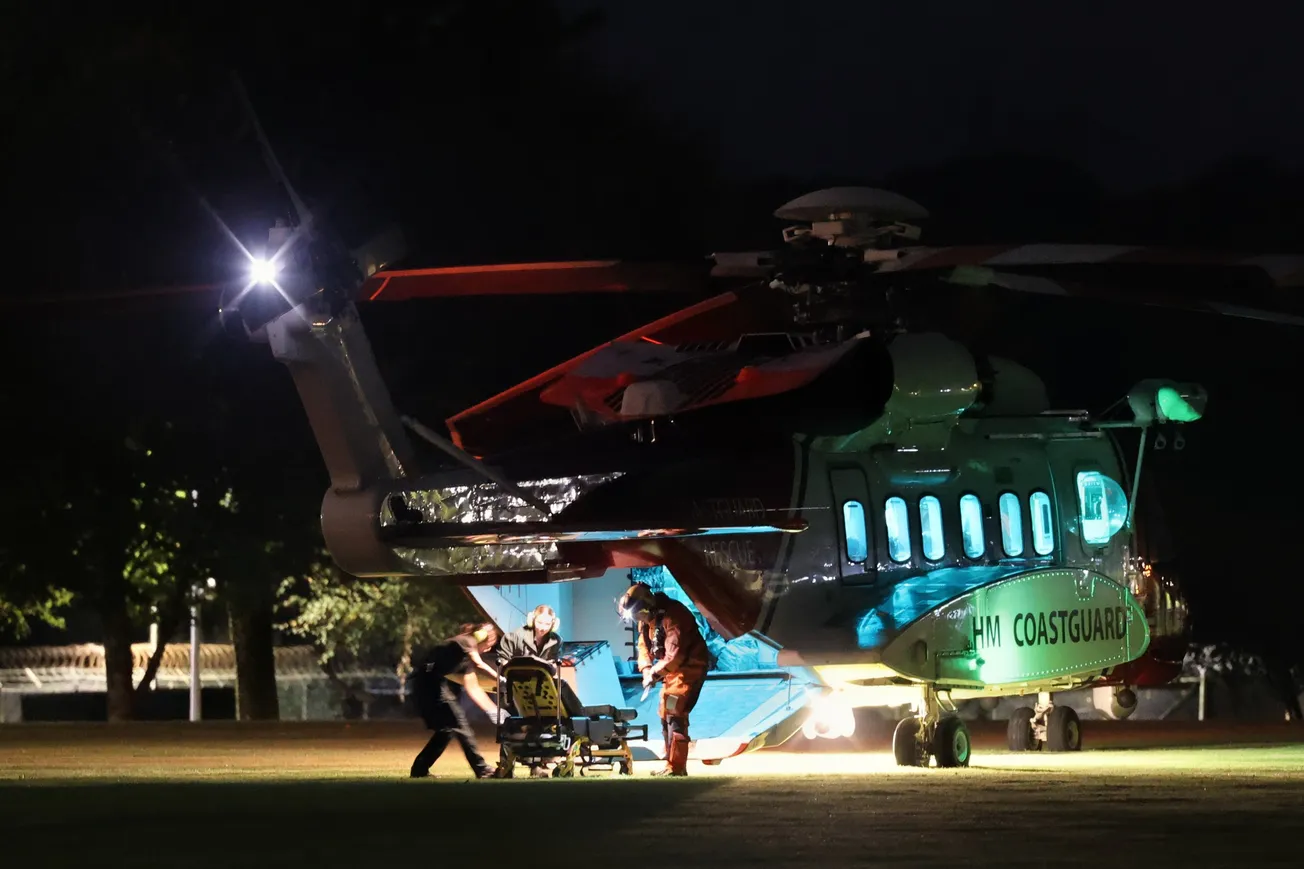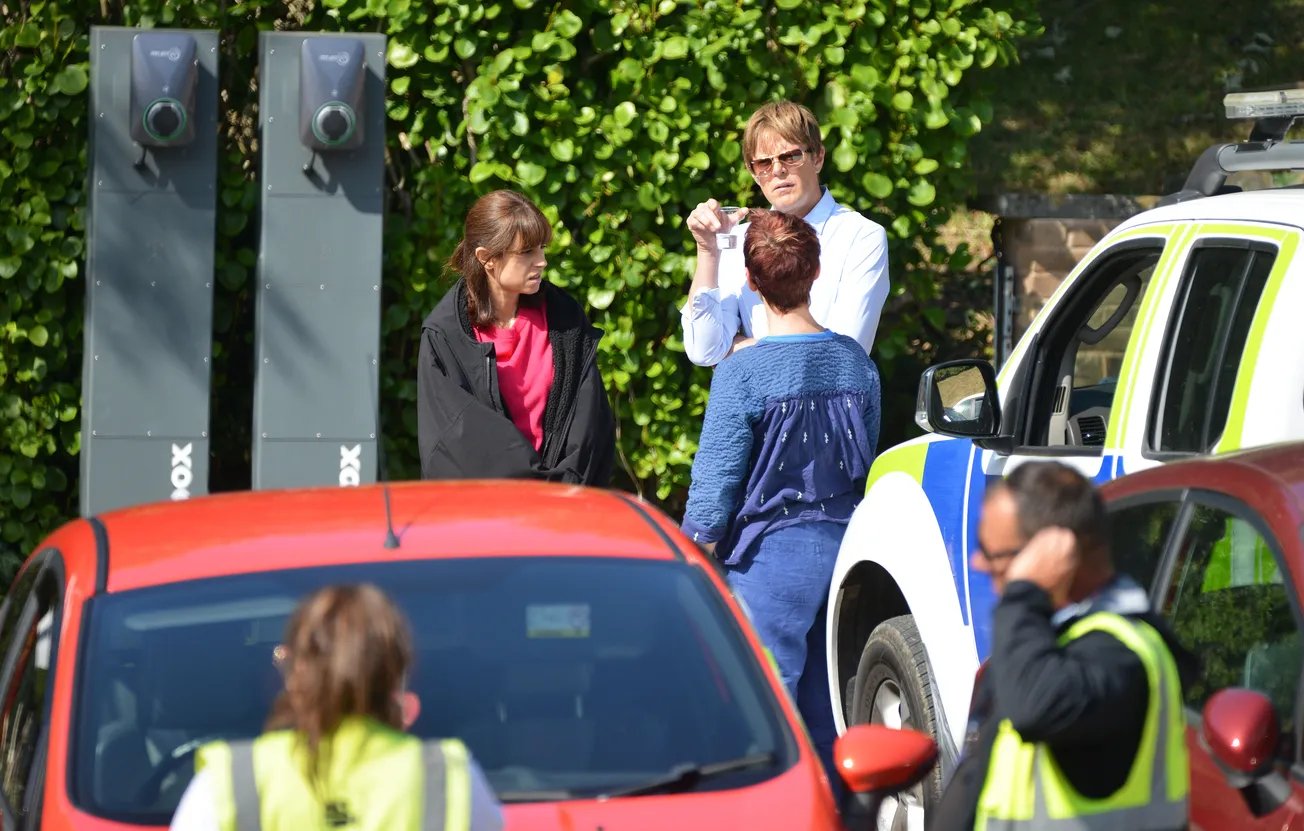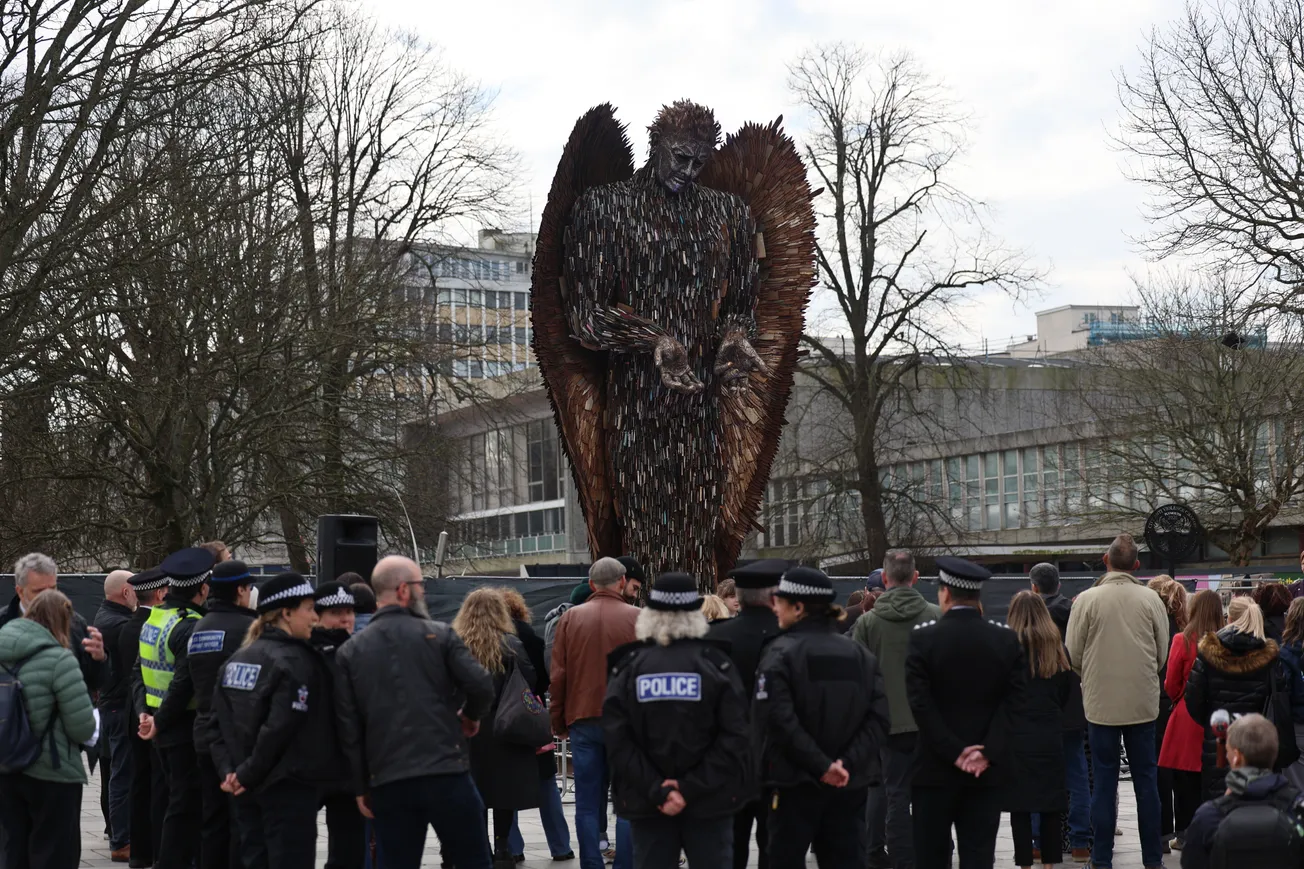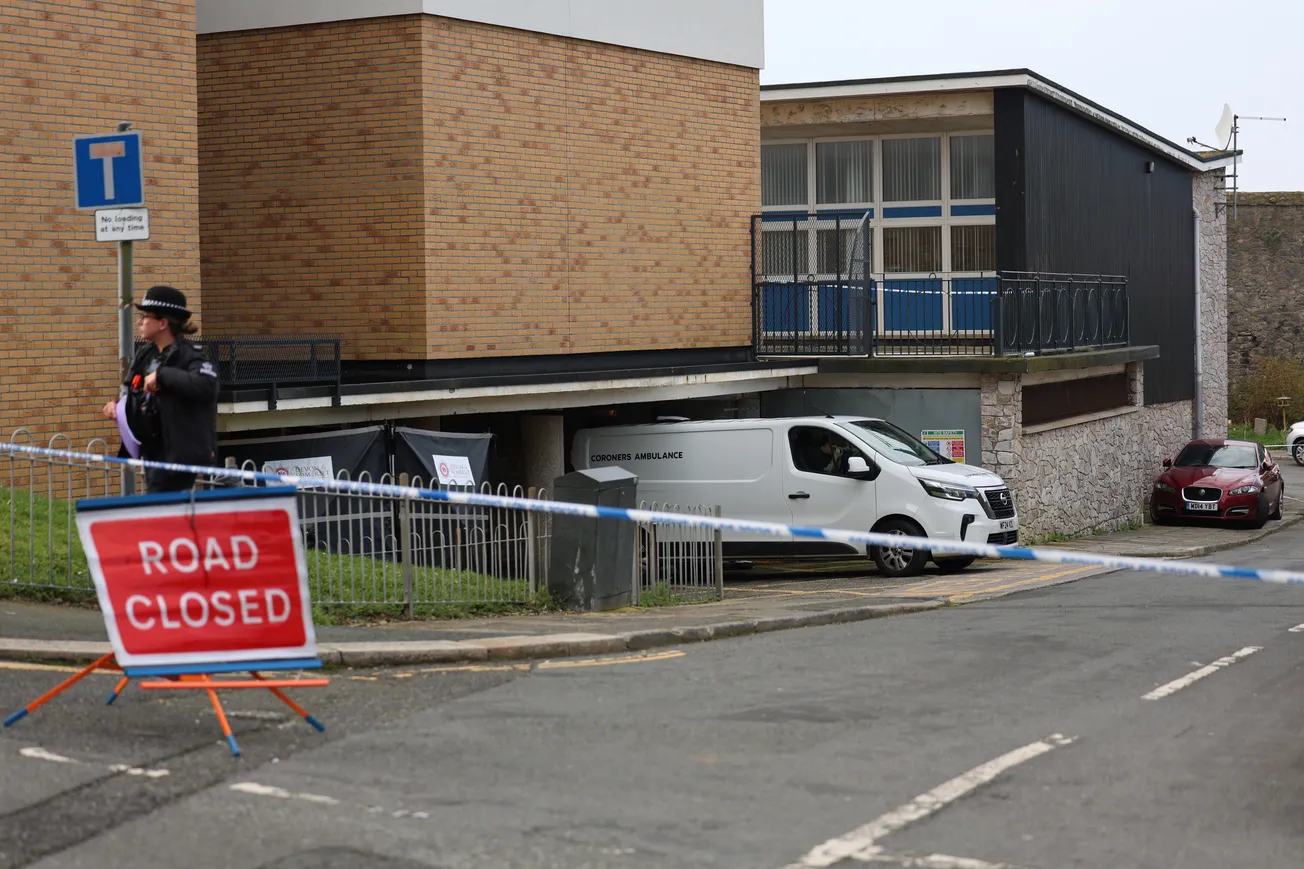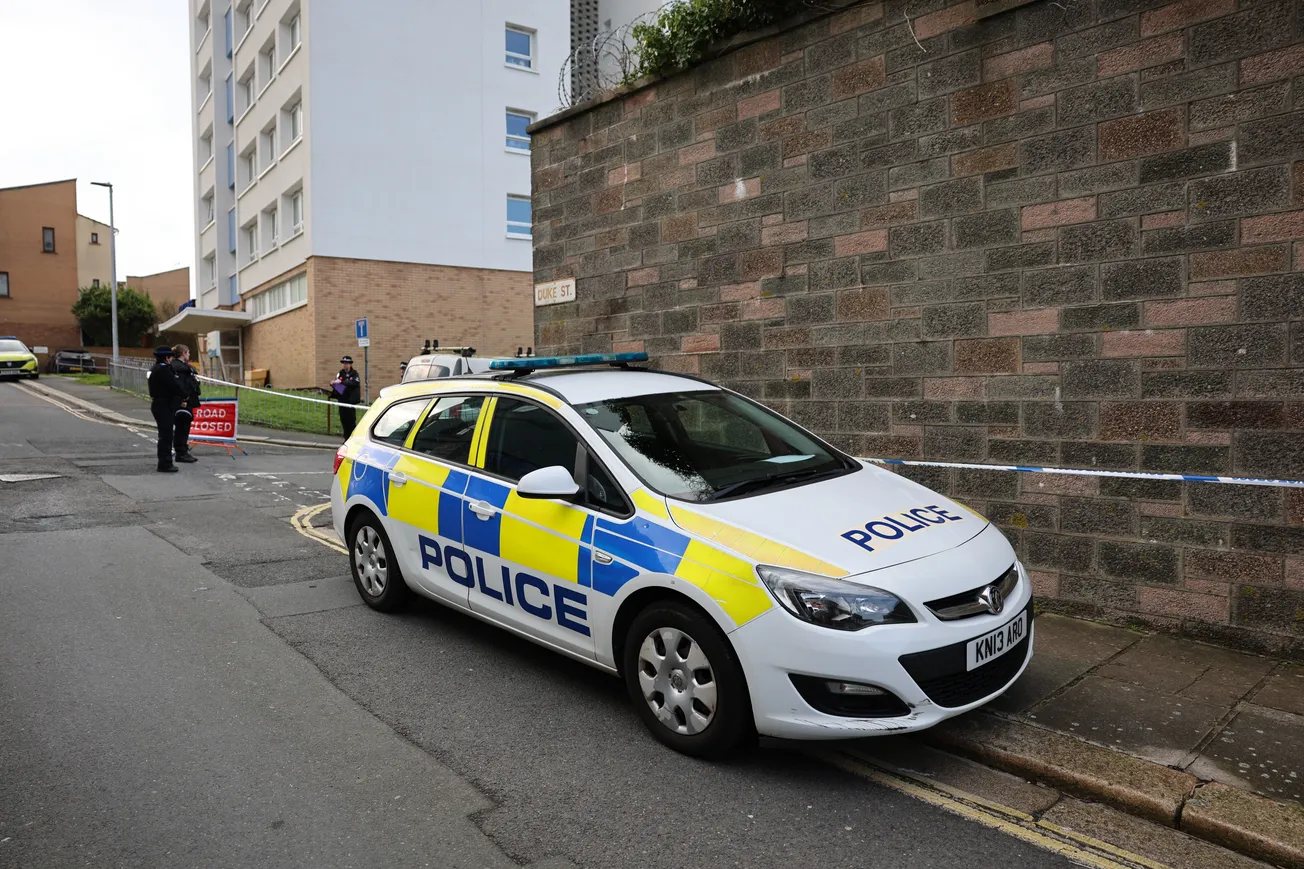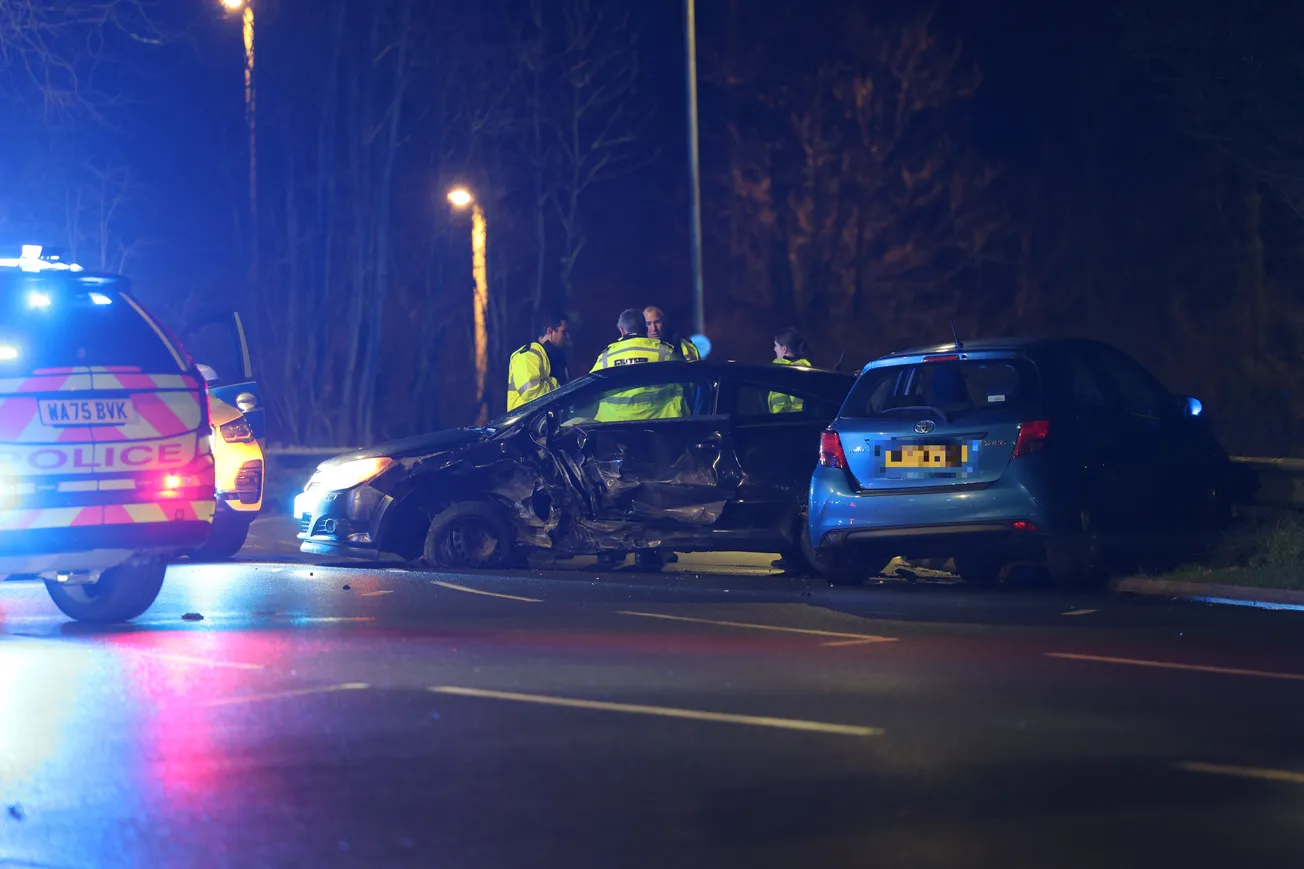Private ambulance cover has been completely cut from routine daily shifts across the South West, dropping from around 20 to 30 extra crews a day to zero planned from 30 September 2025, a senior insider has told Plymouth Plus.
South Western Ambulance Service NHS Foundation Trust (SWASFT) says private firms remain on call for exceptional surges and denies any drop in Plymouth cover, but crews on the ground warn the city will see longer waits, fewer ambulances on the road with ‘lives put at risk’ as a result.
According to the insider and internal material seen by Plymouth Plus, Role 1 Medical & Rescue CIC’s frontline contract was stopped in late July with its PAYE staff transferred to SWASFT under TUPE.
Staff from Bristol Ambulance Service have also been transferred. Alliance Pioneer and Elite Medical staff have not transferred because they were engaged as self employed contractors rather than PAYE.
The contract with private firms legally remains in place for ad hoc needs, but SWASFT has told staff it does not anticipate any requirement for the next two years.
In January and February private providers were still delivering four to six extra ambulances per day in the Plymouth area alone.
At its peak, one provider was seeing and treating more than one thousand patients a month, about 300 a week and 48 a day with 12 to 14 ambulances. The insider added:
“Without this provision, those patients will not be seen. We simply cannot cover that number without more trucks and staff, and there is no funding to do it”.
TUPE refers to the Transfer of Undertakings Protection of Employment Regulations 2006. When a service moves to a new employer, employees assigned to that work transfer automatically on the same pay, hours and holiday with their length of service preserved.
Plymouth deserves transparency about our emergency services.
If you have information, experiences or concerns to share, contact Plymouth Plus in confidence at news@plymouthplus.co.uk.
Dismissals because of the transfer are usually unlawful unless there is a genuine economic, technical or organisational reason. TUPE normally covers PAYE employees, not self employed contractors. That is why Role 1 Medical and Bristol Ambulance staff have moved into SWASFT, while Alliance Pioneer and Elite Medical crews have not.
The insider alleges a recruitment freeze has been imposed on Emergency Care Assistants and Paramedics after the Trust hit its cap. They say new starters from universities, direct adverts and the internal ECA to Paramedic apprenticeship route are blocked, and some apprentices have been warned there may be no job at the end of their two year programme.
An internal June bulletin seen by Plymouth Plus set out a pivot to sourcing “wherever practicable through direct employment”, confirming TUPE transfers and asking teams to welcome new colleagues during a “challenging and unsettling” transition.
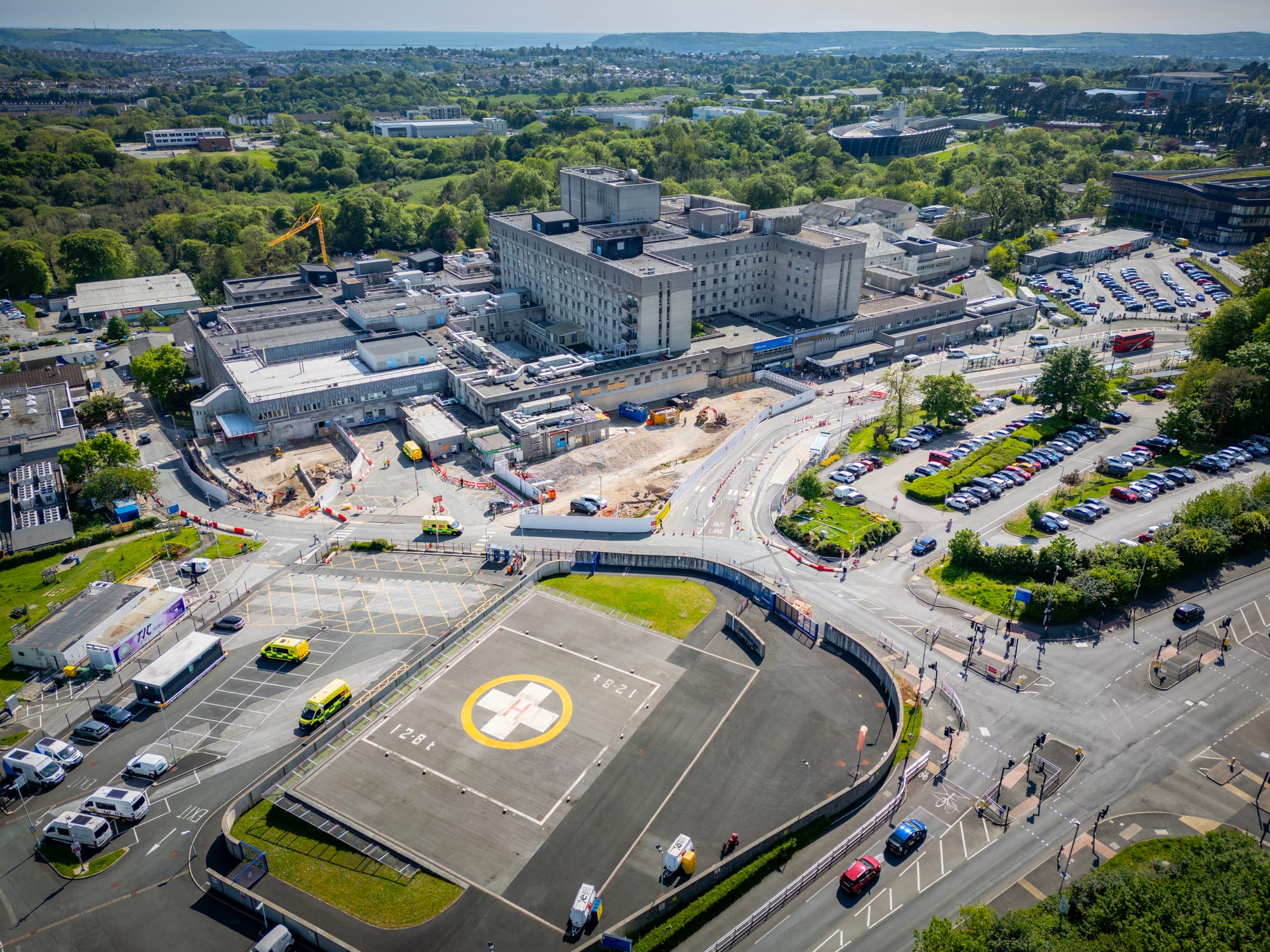
On the road, crews describe a service running hot. There are continued long holds at Derriford Hospital and long waits for urgent jobs. The insider recalls nights when about 20 ambulances were trapped at hospital as at least 17 general radio broadcasts went out for Category One calls with no free crews to respond. On one shift the nearest available resource for a cardiac arrest in Plymouth was in Totnes, roughly 40 minutes away against an eight minute target. Police and fire, they say, recently waited about four hours to free a crash casualty because no ambulances were available.
There is alarm amongst crews about so called ‘ghost call signs’. The insider explained to us that these call-signs were introduced when crew members are physically present on station as per their rostered shift, but there are no physical ambulances available or a crew-mate is off sick. They added:
“Personnel simply log on using a ghost call sign; they are NOT available for operational resourcing during this period. However, statistically, an ambulance resource is "free" and on “standby".
Plymouth Plus is tonight publishing, a screenshot of the internal staff app confirming a successful “book on” to a ghost call sign and stating “Ghost call signs now live” with a prompt to see Ops messages.
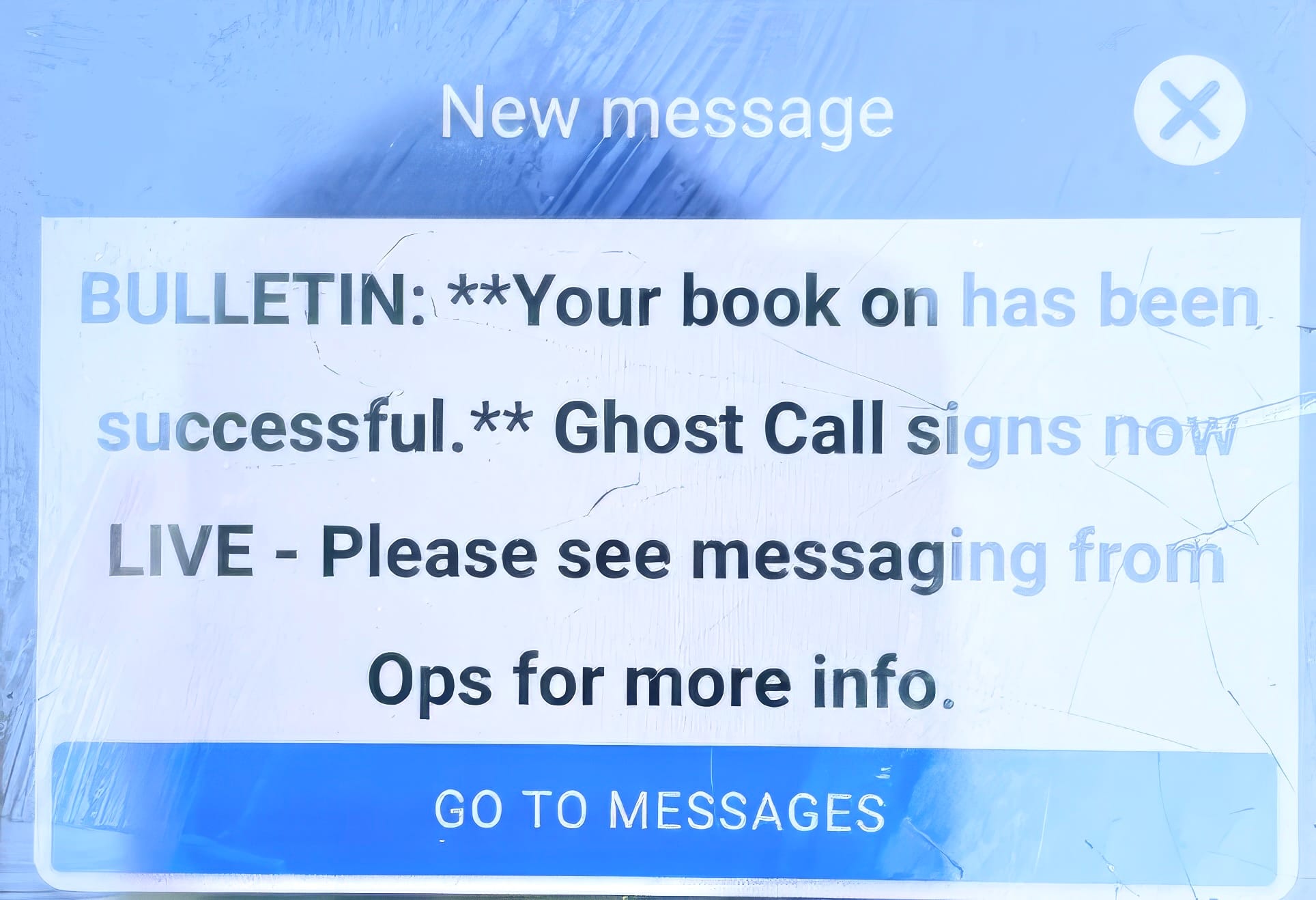
Despite this evidence, SWASFT denies ghost lines exist and says it does not pay for unassigned shifts. The Trust’s full response appears later in this article.
The insider further alleges that control centres sometimes tell callers no ambulance will be sent and advise people to make their own way to hospital even for cases involving moderate asthma, dislocated joints and severe chest pain, with some patients later needing an emergency response after a second call when symptoms worsen. They say triage changes have reduced the number coded as Category One, affecting statistics and limiting dispatches. They said:
“Colleagues and I still see patients waiting a long time. We are already on our knees."
The source also claims SWASFT has begun dismissing staff with long term sickness at stage 3 and above, which they say is unusual in the NHS and appears aimed at creating establishment space without new money.
They add that since TUPE transfers landed there are not enough vehicles to cover all shift lines, so rotas are padded with staff who cannot be crewed to ambulances that do not exist. They point to a move away from fire co responders toward armed forces personnel and a push for more volunteer community first responders to save costs. The insider added:
“This will burn people out and the public will feel it".
From now until the end of September, Alliance Pioneer Group is supplying seven ambulances per day across the region, then daily provision stops. The insider fears many skilled clinicians will leave the profession after only a month’s notice, taking years of training with them.
They argue that once estates, kit, uniforms, sickness and leave are costed, private provision can be similar to or cheaper than in house for peak cover while giving vital flexibility. They questioned:
“How long until someone suffers or dies because budgets come first".
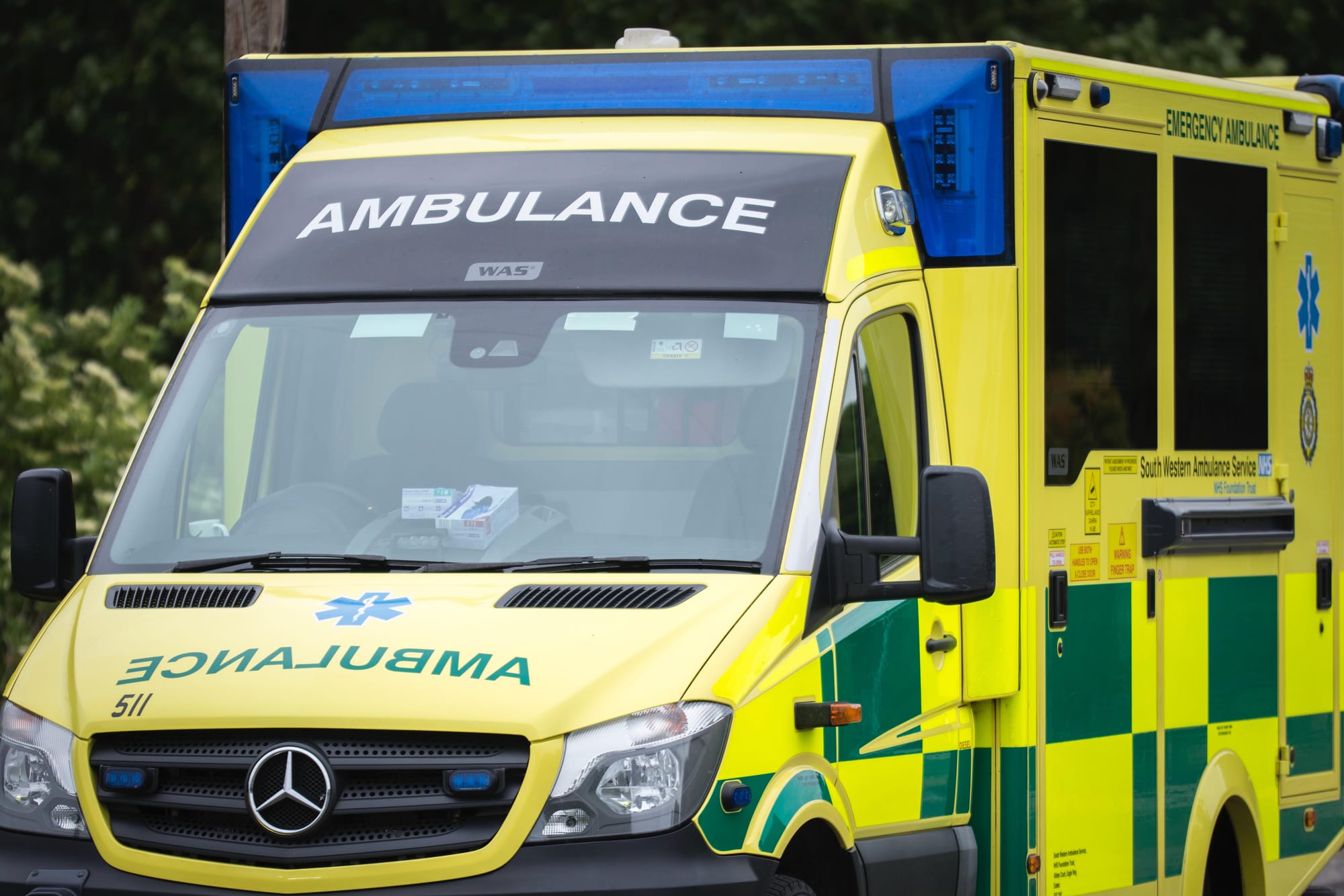
Plymouth Plus put detailed questions to SWASFT, including whether private provision has ceased, whether Plymouth loses up to 20 ambulances on shift, what patient safety assurances can be given and whether taxpayers’ money has paid for unassigned shifts. The Trust responded:
A spokesperson for the South Western Ambulance Service NHS Foundation Trust, said:
"Over recent months, the South Western Ambulance Service NHS Foundation Trust (SWASFT) has been working to reduce reliance on private ambulance providers. This shift in practice is not only in response to Government guidance but is also part of our commitment to building a sustainable, resilient workforce that delivers value for money and consistent, high-quality care. While we will still call on private providers at times of exceptional demand, our priority is to meet our patients needs deploying our own internal workforce in the first instance wherever possible.
"SWASFT has not ceased the use of private ambulance providers to support our front line response; our contract terms with these providers remain the same as they always have. What has changed is our practice, moving from using pre-planned, regular hours of private ambulance resourcing to a more flexible, needs-based arrangement. This allows us to bring in additional resources at times of exceptional demand, while providing our usual resource levels from our own sustainable, in-house workforce.
"The suggestion that this has resulted in a loss of up to 20 ambulances on shift in Plymouth is incorrect. The number of available shifts in Plymouth has not reduced. We have however transitioned from reliance on agency providers to providing them in-house, a more sustainable and cost effective model. This both saves money for the public and ensures consistent, high-quality patient care.
"Patient safety remains our highest priority. These changes have not compromised our ability to respond to patients. In fact, by investing in our own workforce and moving to a needs based private ambulance arrangement, we are building a more stable, resilient, and dynamic service for the public we serve.
"SWASFT does not operate a practice of paying for unassigned ambulance shifts. Staff who are being paid are working and assigned to an ambulance. We have robust monitoring processes in place to ensure that public funds are used appropriately and that every crew on shift is contributing to patient care."
On students and jobs, SWASFT added:
"The Trust can confirm that no formal job offers have been withdrawn as a result of our transition away from regular agency ambulance provision. Every year we make a commitment to our students to do our very best to ensure they have a role with SWASFT after graduating.
"We would like to emphasise that, as in previous years, we have never been able to guarantee an immediate appointment for all student paramedics following graduation. A number of factors must be taken into account when offering employment, including the availability of posts, service demand, and the extent to which students are able to be flexible about the location in which they work.
“This is not an issue unique to SWASFT. Nationally, the College of Paramedics has highlighted that a significant proportion of both 2024 and 2025 graduates are likely to face delays in securing their first role.
“While some students may occasionally experience a wait for a role if they are unable to be flexible on location, we remain fully committed to supporting them into employment within our service wherever possible. We want to reassure aspiring NHS paramedics that our commitment to growing and sustaining our own workforce is stronger than ever.”
Sign up for free below to get notified with all the latest breaking news from Plymouth Plus.

